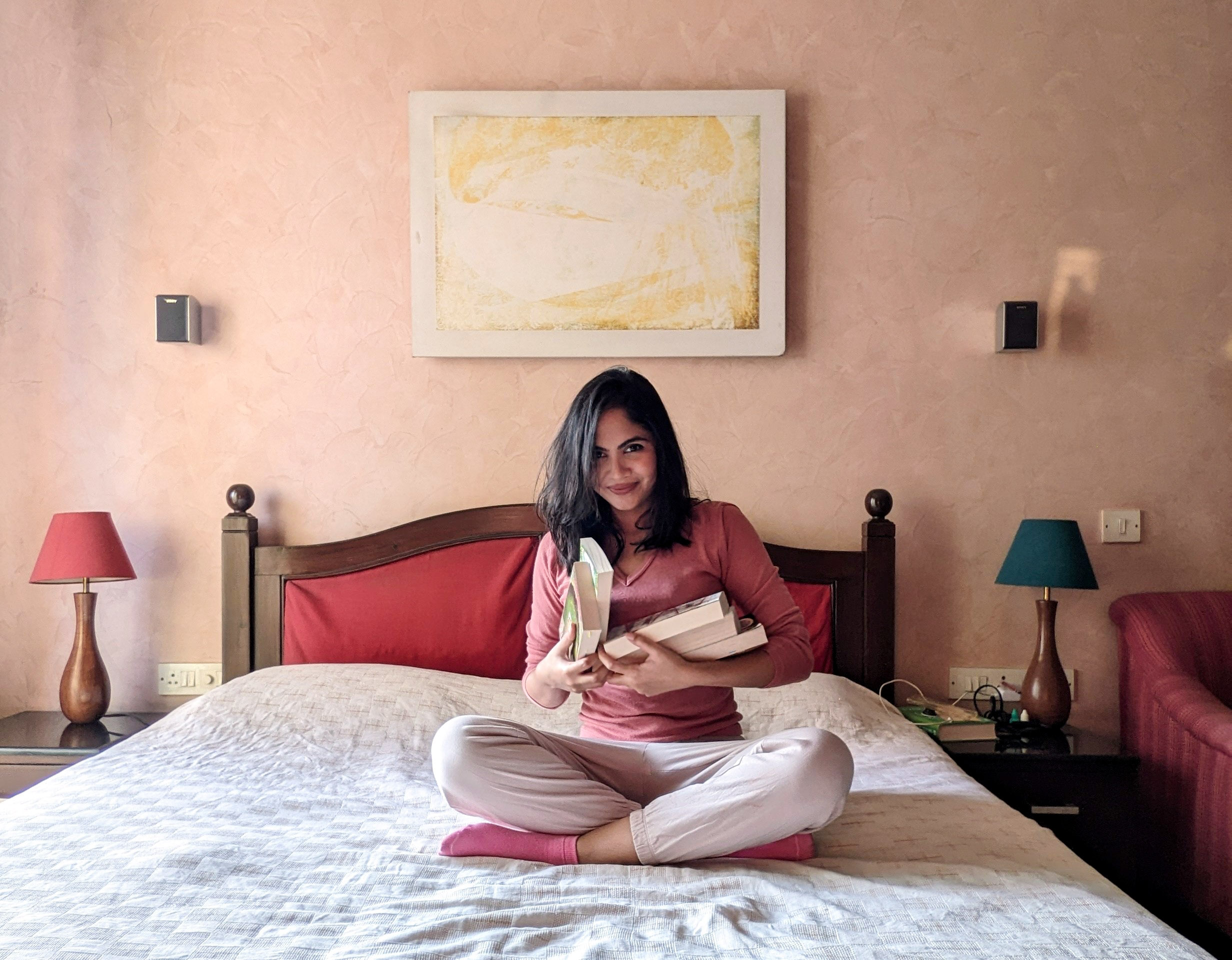
The time has come once again for my annual list of favourite books of the year! 2022 was a good reading year, and while there were many books that I enjoyed, here are my top eight, starting with:
#8 The First World War Adventures of Nariman Karkaria (A Memoir), translated by Murali Ranganathan
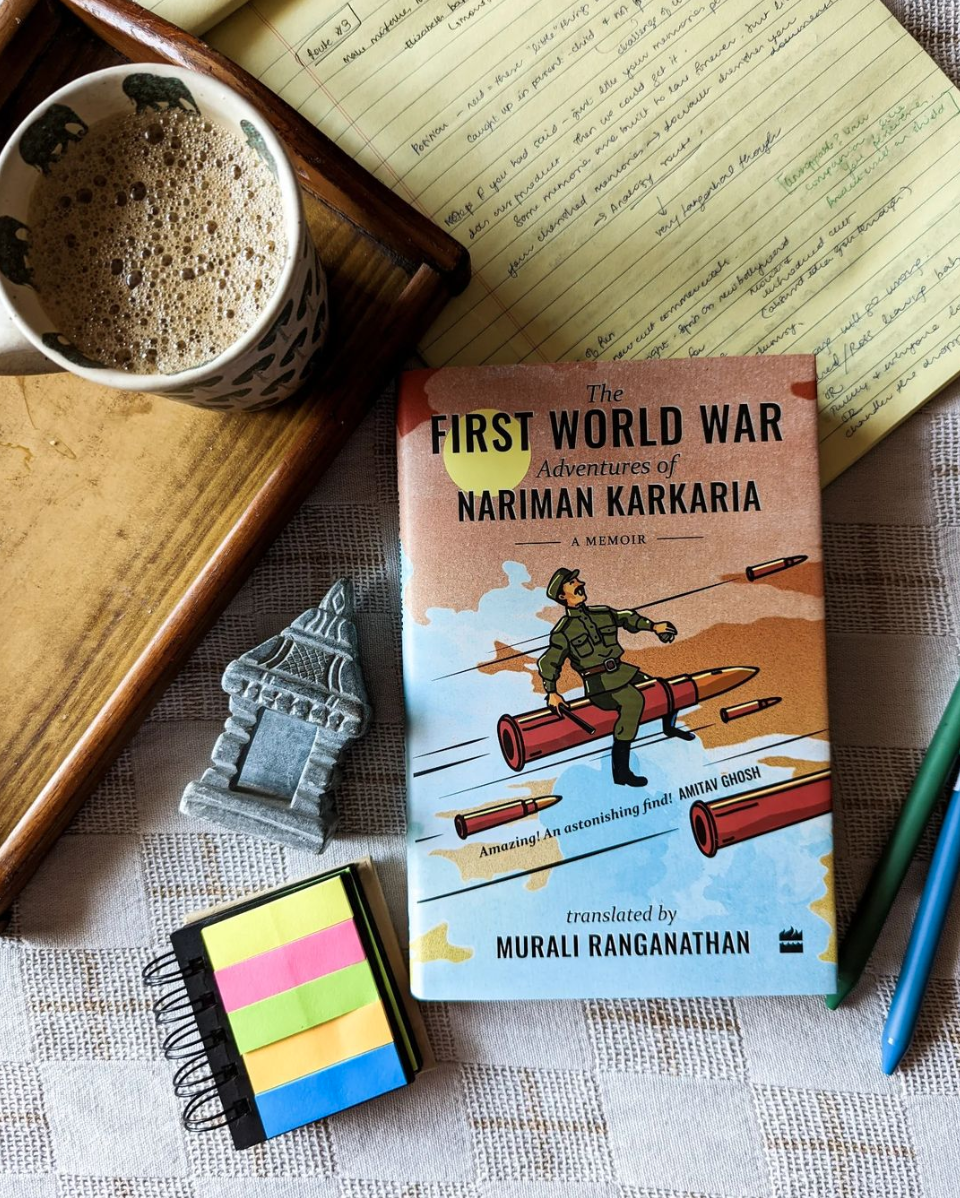
The first thing that drew me to this book was its uniqueness, being the only known memoir of WWI written by an Indian.
Nariman Karkaria chose to leave his hometown with very little money and travel the world, heading first to the fabled land of China. From there he explores various parts of Europe, and eventually finds himself surrounded by a wartime environment as the First World War takes over his travel experiences.
So he decides to join the war, and enlists – after some difficulty – with the British army. From there, he fights at three fronts of the war and emerges as one of the few who lived to tell the tale.
The interesting thing about this memoir is the abrupt, alternating shifts between the jovial and curious tone typical of a travelogue, and the grim, hardened accounts of war. One moment, Karkaria is narrating the exciting newness of a foreign land, complete with details of the people, places, food and lifestyle – and in another moment we find him recounting the horrors of being posted on the warfront, facing poisonous gases, terrible injuries, outbreaks of diseases, sleep deprivation, starvation and never-ending fear in graphic detail.
But the war never fully extinguishes his love of exploration, and we always find him bouncing back to his cheery self whenever he gets to travel somewhere new.
The only thing that I found disappointing was experiencing the level of internalised whitewashing that pervaded India in those days, with Karkaria’s consistent praise of the British and lamentation over the supposed inferiority of India, but overall it was a very interesting experience to immerse myself in the life of this resilient, curious and courageous individual.
#7 The Once and Future Witches, Alix E. Harrow
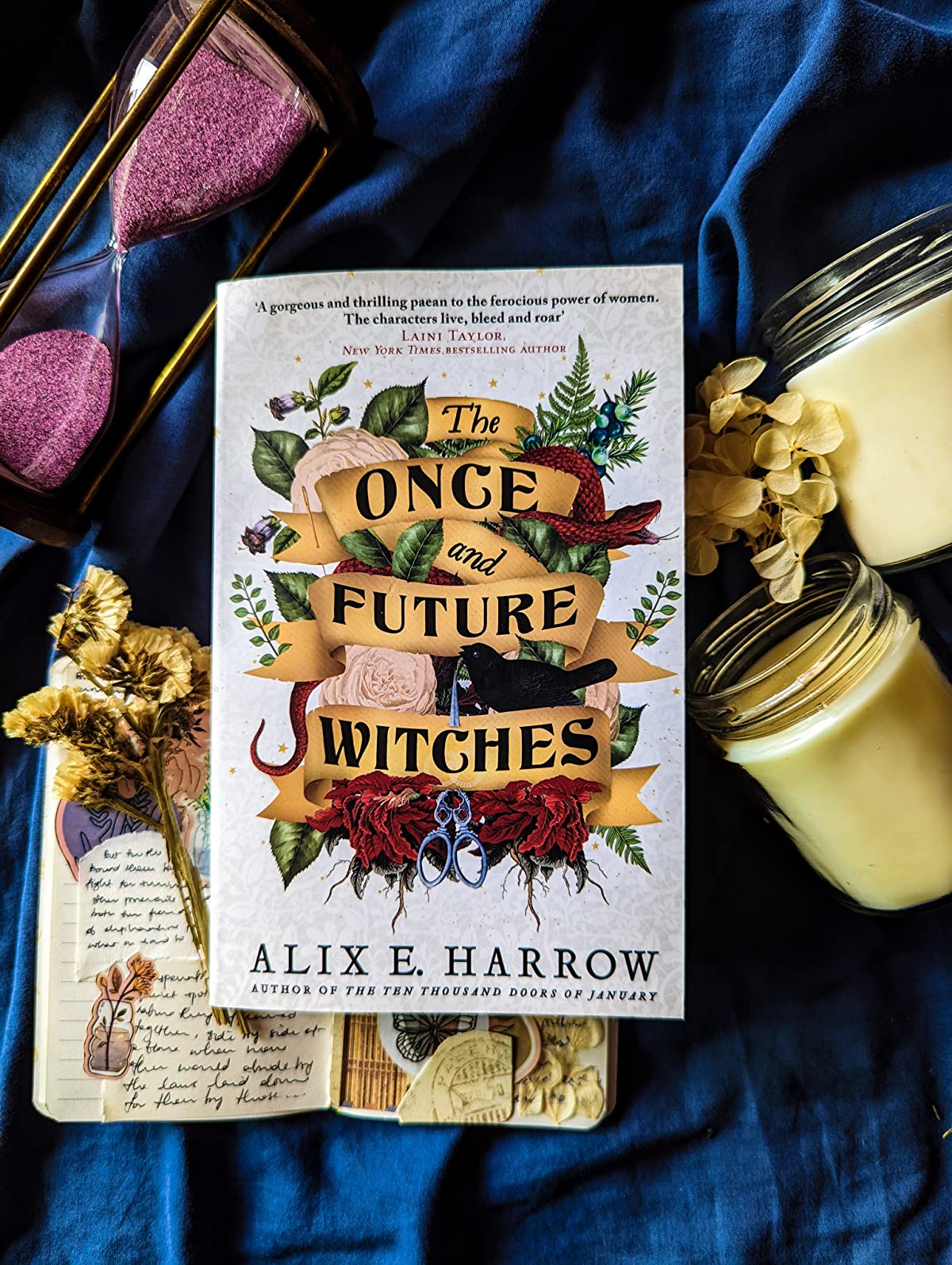
In a world where the memory of witches being burned at the stake is still painfully fresh, three sisters embark on a quest to find the lost land of witchcraft in an attempt to bring freedom to the women around them – women shackled by social repression and insecure men, unable even to glimpse at freedom or imagine the possibility of having their own power. The shadows watch their every move, and the three sisters must be prepared to fight to the death if they ever hope to succeed.
This was a thoroughly entertaining read, blending the thrill of magic with the mystery and action of a treasure hunt, with several intriguing plot twists and fairy tales imaginatively retold along the way – truly everything you could ask for in a Halloween read. The strong feminist narrative that courses through the entire story grounds an otherwise fantastical tale in a harsh reality, wherein the reader can feel the yearning of the female characters – representing generations of women – to simply be allowed to exist as equals, the deep anger of being forced into repression, and the power in the voices that unite towards a common cause.
#6 The Betrayal of Anne Frank, Rosemary Sullivan
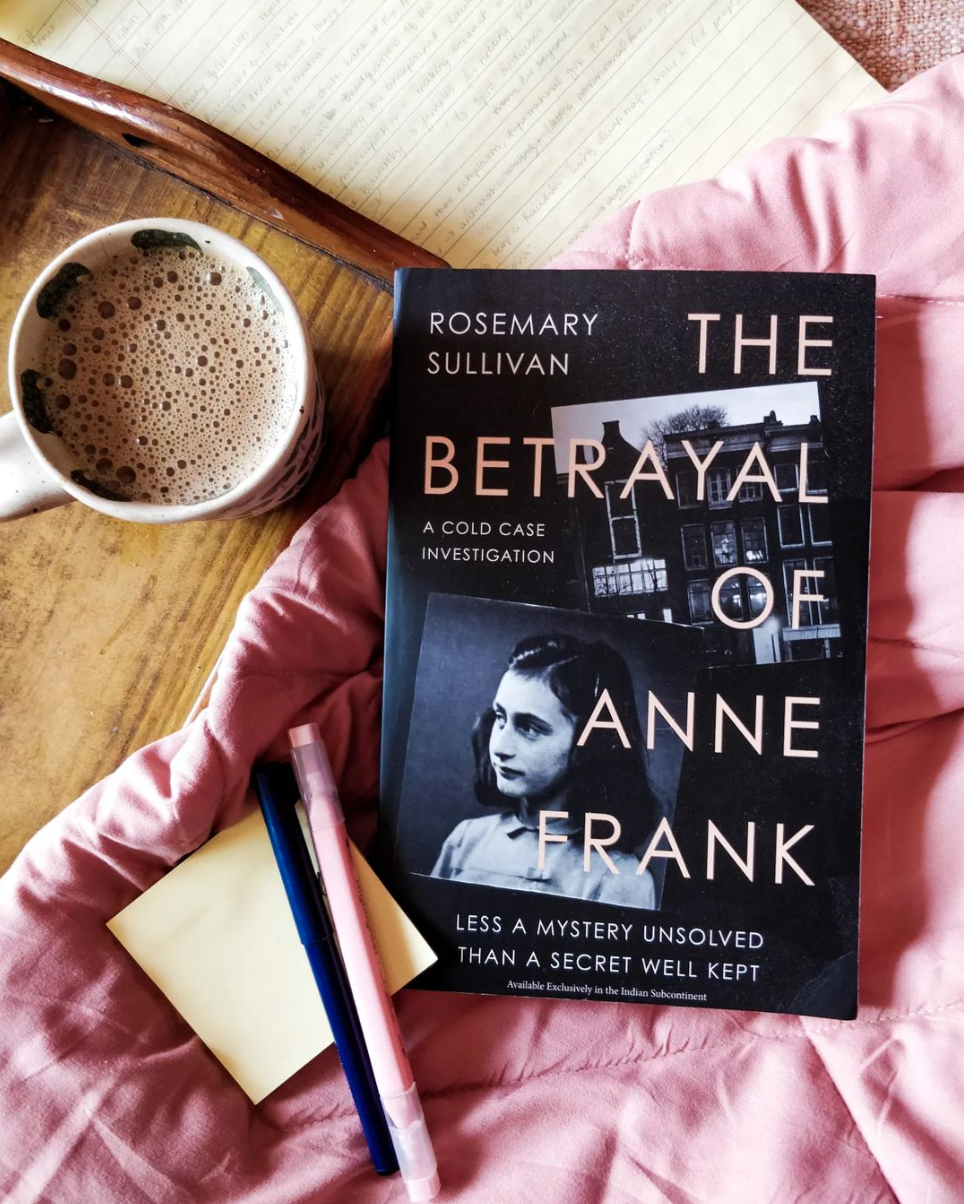
What a truly sobering read. The diary of Anne Frank was heart breaking, but the rest of the story is even worse.
The first part of this book talks about things the diary does not: the desperation of other Jews as they struggled to find shelter for their families, the deep network of informants dedicated to ‘hunting’ Jews for bounty (either through spies or by pretending to be a hiding space and creating a ‘Jew trap’), the incredibly difficult decisions Anne’s father, Otto Frank had to make and the consequences he had to live with, what happened after Anne’s family was caught by the Nazis, and the sheer evil that attacked the Jews, dehumanising them, turning them against each other, and using their own money to fund their persecution.
The second part of the book focuses on a previously long-term cold case: who betrayed Anne Frank? This book documents the five-year search for the truth and the startling discoveries made along the way.
Overall, this was a very compelling read, though very emotionally heavy – it will leave you stunned at the depths humanity can sink to, but also acts as a powerful warning that we must never allow such a world to exist again.
#5 Good Omens, Terry Pratchett and Neil Gaiman

I think the San Francisco Chronicle summed this one up best when they said it “reads like the Book of Revelation, rewritten by Monty Python”
I cannot think of a better collaboration than these two authors. Neil Gaiman’s flair for the eerie and otherworldly meets Terry Pratchett’s Wodehousian humour in a novel about a Biblical apocalypse that gets bungled when the demon in charge of delivering the son of Satan to earth messes up and plants the baby in the wrong house.
Now this demon, Crowley, has no idea about the magnitude of his mistake and assumes the apocalypse is under full swing – only to realise that he is rather fond of the earth and doesn’t want it to be burned to ashes as collateral damage in a cosmic war. So he, along with Aziraphale – an angel on earth whom he has begrudgingly befriended – set out to surreptitiously stop Armageddon, while the forces above continue to prepare for war.
This was a really fun read – I highly recommend it to everyone, especially if you’re going through a reading slump. The characters and plot are hilariously written, and my only complaint is that there aren’t any more books written by this incredible duo.
#4 Almond, Won-Pyung Sohn
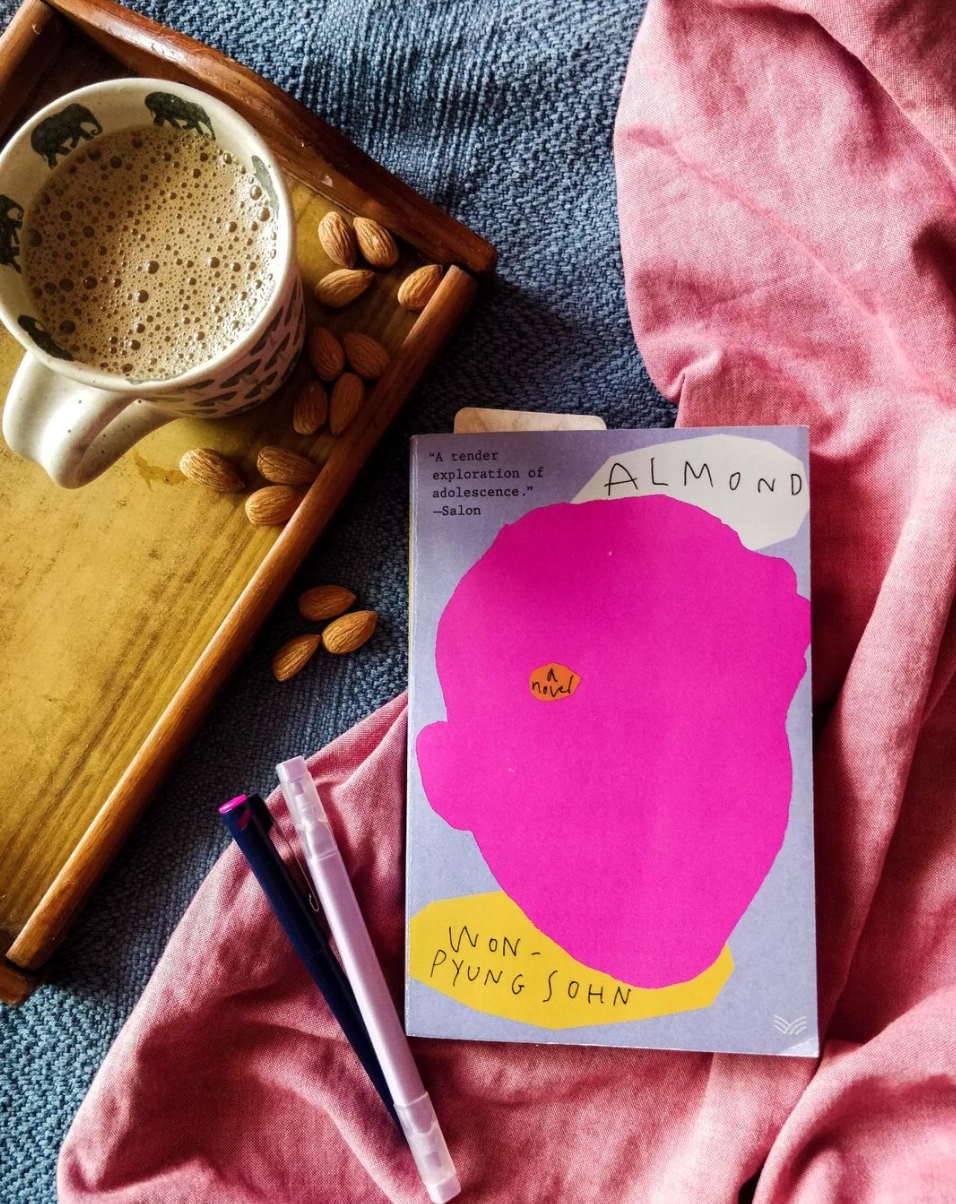
I was hooked right from the title, which refers to the almond-shaped amygdala in our brain. This story is about a young boy who was born with a smaller amygdala than normal, which means he cannot not recognise and process emotions as well as others. But this is not the same as a psychopath, although many mistake him for one.
The protagonist is attached to his family and cares for them in his own way – until tragedy strikes, leaving him to face an unfriendly world on his own.
The book follows his journey growing up, and the support systems he finds who help him make sense of other people. It is through his journey that we realise how much of our social interactions we take for granted (for example: the protagonist cannot tell the difference between when someone is talking about a possession versus bragging about it – this understanding comes to us instinctively).
And then we meet Gon – the antithesis to our protagonist. Our protagonist struggles to understand emotions but is blessed with a strong support system; Gon has an abundance of emotion (especially empathy), but is lost as a young boy and grows up in the foster system. The neglect and abuse Gon endures turns him into an angry, misunderstood child who finds himself perpetually in the wrong crowd – until he meets our protagonist, and they strike up an unlikely friendship (although our protagonist has no idea what ‘friendship’ means).
The book gives us a very interesting glimpse into life where even the most insignificant of actions has to be learned – and along the way, we readers see the world through our protagonist’s eyes, and understand how much the people and circumstances in our lives shape who we become, regardless of how we are born.
#3 City of Djinns, William Dalrymple
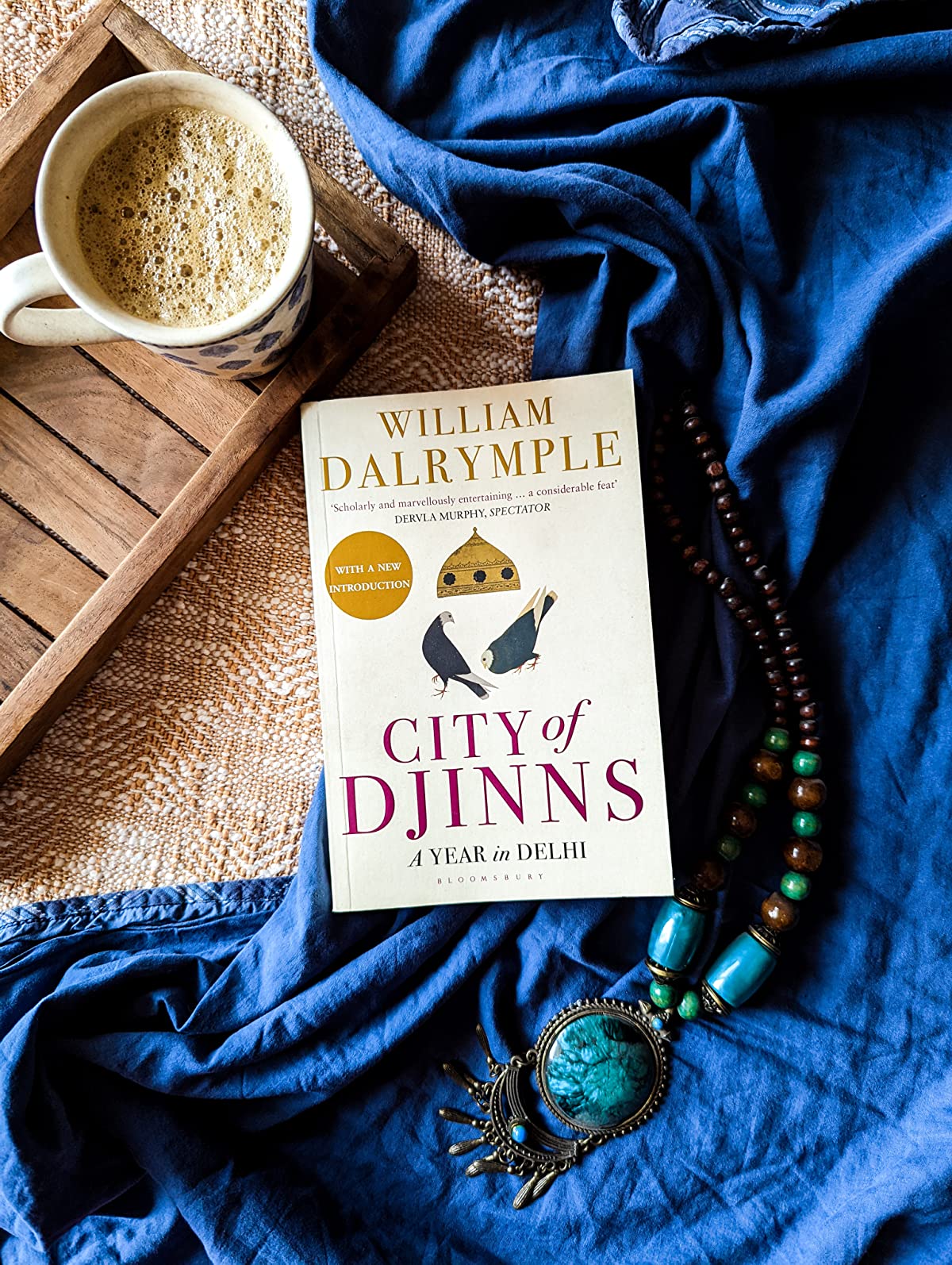
If you’ve been curious about delving into the history genre but find it too intense or intimidating, this book is a great way to ease yourself into it. City of Djinns is a record of William Dalrymple’s stay in Delhi in the ‘80s.
From the start it is clear that Dalrymple truly loves Delhi, especially the starkly contrasting periods of history whose remnants still stand side by side in an ever-evolving landscape. As someone who was less than thrilled with the crowds and pollution this city is known for, I found Dalrymple’s enthusiasm infectious, and through his work I have come to appreciate the sheer wealth of history contained in such compact geography.
Dalrymple has a particular fascination with the Mughal era, but contrary to common (and typically uninformed) criticism, he does not hold the Mughal Empire in higher regard to the other kingdoms of Delhi – he clearly has a deep respect for all.
Overall, this book is a wonderful read, filled with a cast of characters that capture different sides of the city’s personality. The simple but beautiful illustrations scattered throughout the book only add to its charm, and highlight how far Dalrymple has gone to understand the many layers of Delhi’s history, bringing people and stories to us, preserving them here before they are lost in the tide.
#2 Humankind: A Hopeful History, Rutger Bregman

In a world where sensationalism sells and we are constantly bombarded with content highlighting the worst of humanity, I cannot recommend this book enough.
Have you ever wondered why the cynic is often praised as a realist and the optimist is deemed naïve? Why is it we so quickly believe in the evil but not the good? After all, for humanity to reach where we are today, it required cooperation on a scale no other species has ever achieved.
This book does not negate the darker side of humanity, but calls for a more balanced perspective, and urges us not to ignore the light. What I found particularly fascinating was how the author went to painstaking lengths to get to the bottom of experiments and literature that seem to prove that humankind is inherently evil (the Stanford prison experiment, Milgram’s obedience experiment, Golding’s critically acclaimed – and deeply disturbing – Lord of the Flies, etc.). When I found out the truth about these highly respected experiments, I was shocked – even more so that most of us are completely oblivious to them, and yet are very familiar with the negative conclusions from said experiments.
I would recommend this to every single one of you, because it gave me a much more realistic understanding of humanity, and showed me how our own mindset and the content we consume can literally change the world.
#1 The Palace of Illusions, Chitra Banerjee Divakaruni
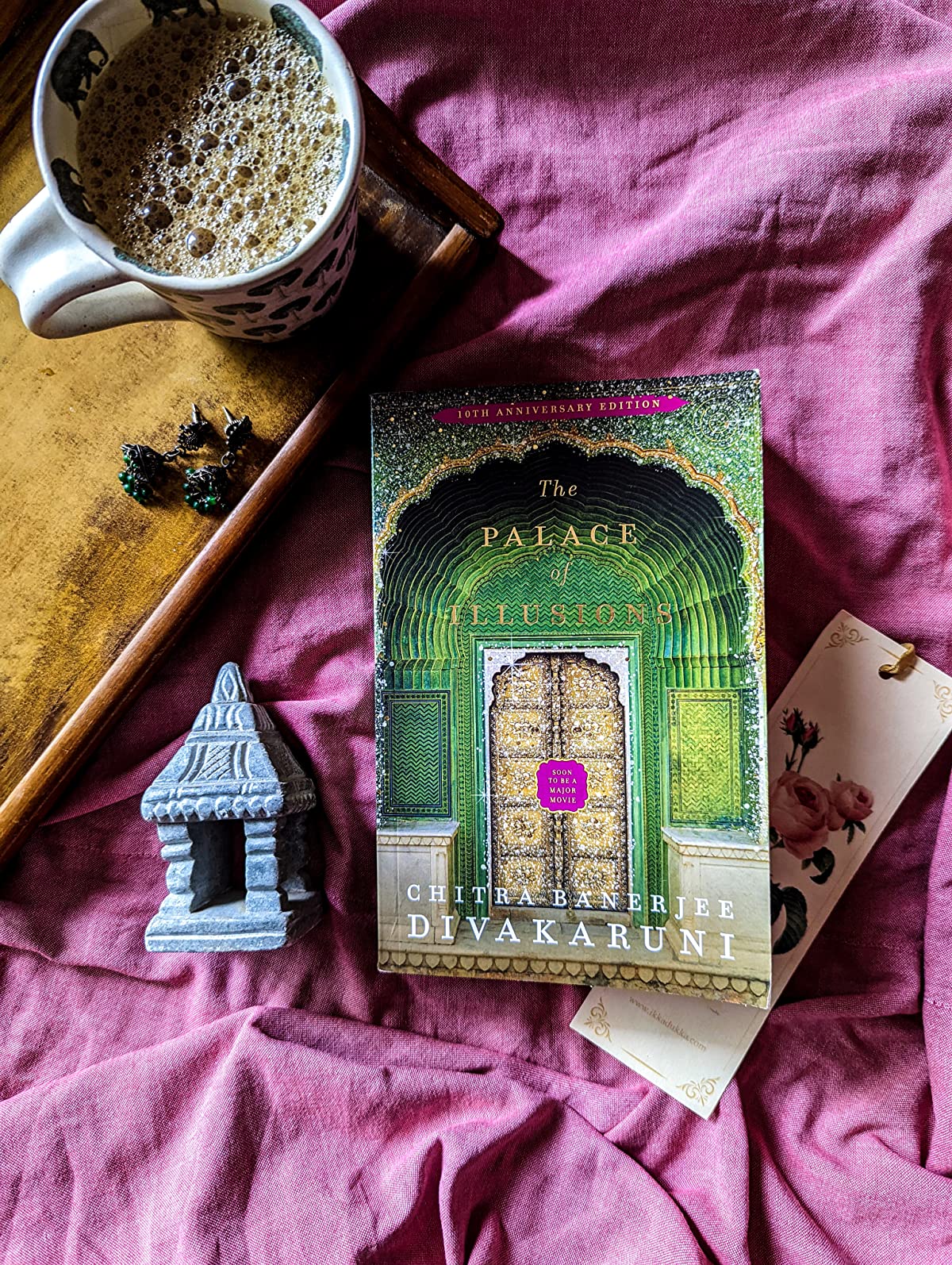
It took me longer to recover from this book than to read it. Needless to say, Chitra Banerjee Divakaruni is now one of my favourite authors.
I love a good mythological retelling, and The Palace of Illusions was nothing short of stunning. The book is essentially The Mahabharata retold from Draupadi’s perspective, and since most of you are probably familiar with the broad outline of The Mahabharata, I don’t think I need to go into further detail about the plot.
I have read translated versions of The Mahabharata before, but none of them made me feel as deeply as Divakaruni’s retelling. For the first time, I felt the pain the characters felt with the losses they suffered and the cruel fates they were mercilessly forced to endure, the frustration that came with the inability to change their destiny, along with the deep anger and resentment that ate away at their souls, and above all, the heart-wrenching yearning for happiness and peace.
Very rarely does a book bring me to tears, but at the end of this one I could barely contain myself. The loneliness and longing are ever-present, but when the end finally nears, the tenderness and peace that comes along with it creates a swell of cathartic emotion that is almost too much to bear.
The author wrote a short note on how others warned her that this book might not be received well as a deviation from the original tale, a predilection seemingly cemented by a bolt of lightning strike that subsequently struck her home. While most interpreted this as a foreboding omen, to me that lightning represented the uncontainable force that is a powerful story.
And that’s exactly what this is.
And with that, we come to the end of the list of my favourite books this year! Have you read any of these? If so, I’d love to know your thoughts on them, as well as any other recommendations you have for this community.
Here’s to another year of great books!
